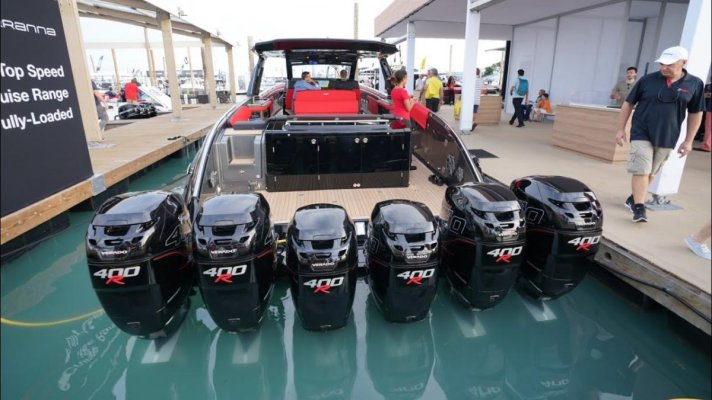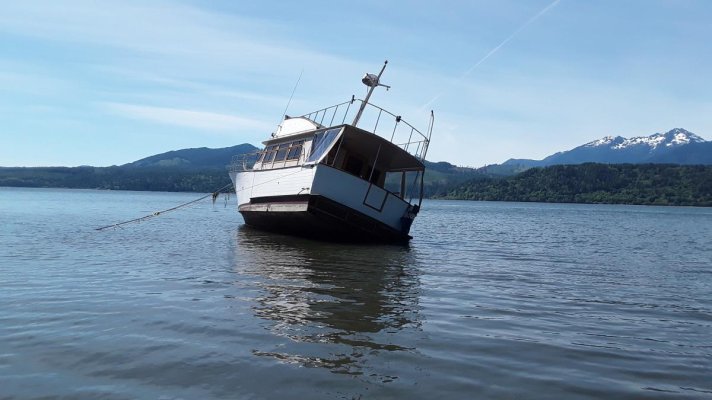I'm sorry Peter... cause I always enjoy reading your posts... but, I just gotta mention... portion of this paragraph is, well - just too much! LOL
The platitude that "... twins are rarely as well maintained as singles." is simply a wishful guess by single engine advocates searching for something else detract-full to say about boat owners who enjoy twins.
Your mention of "... (I know of no one who would continue their cruise/vacation with only one of two engines working). "And you have twice the likelihood of that happening..." WOW - That' a mixed-up bag of a statement if I've ever seen one. Our Tolly tracks well on one engine at below hull speed and its BW Velvet Drive trany can free wheel with no problem. Your mention of: "... you have twice the likelihood of that happening..." Gee Peter... you have
once the likelihood of that happening, and, if it does you're dead in the water! Twins are NOT!
Please understand, I'm not trying to bad mouth single engine boats... but, I'm tired of single engine owners too often trying to put a bad slant on twins.
I've owned and enjoyed both types of boats and feel they both have their high and low points for ownership. As Rodney King said: "Can't we all just get along!"
Happy Boat-Ownership Daze! -





